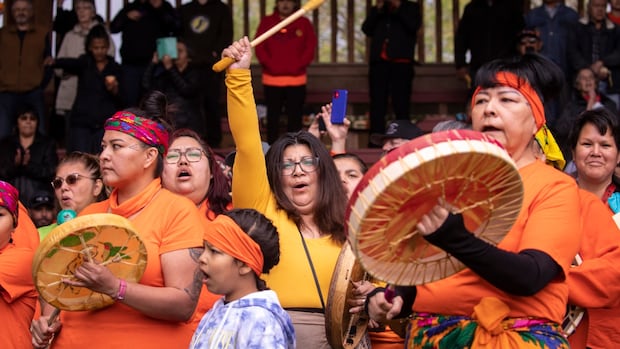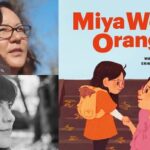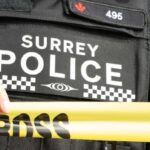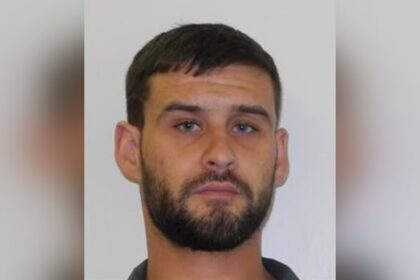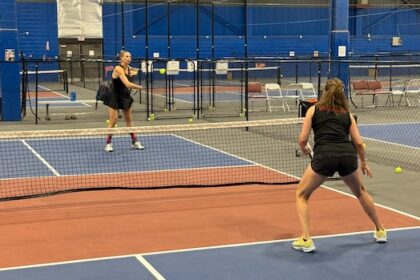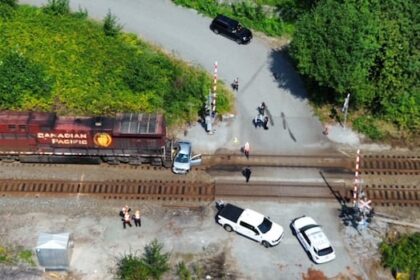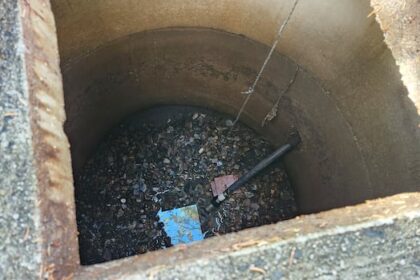British ColumbiaRy Moran helped gather statements from residential school survivors for the Truth and Reconciliation Commission, which released its final report and 94 calls to action in 2015. And while progress has certainly been made over the past decade, there’s still much work to be done, Moran said. ‘You can change laws, but culture takes longer,’ B.C. minister of Indigenous relations and reconciliation saysCourtney Dickson · CBC News · Posted: Sep 30, 2025 3:44 PM EDT | Last Updated: 8 hours agoProgress on reconciliation has been made across Canada, some advocates say, but there is more work to be done 10 years after the findings of the Truth and Reconciliation Commission were released. (Ben Nelms/CBC)In June 2015, Justice Murray Sinclair delivered a speech to Canadians outlining some of the findings of the Truth and Reconciliation Commission of Canada’s report on the history and lasting impacts of the residential school system. “The residential school experience is clearly one of the darkest, most troubling chapters in our collective history,” Sinclair said. “In the period from Confederation until the decision to close residential schools was taken in this country in 1969, Canada clearly participated in a period of cultural genocide.”As Ry Moran listens to the words from the late Sinclair, words he heard in person 10 years ago, he remembers the applause that followed. “We hadn’t heard that term genocide being used in Canada publicly like that in such a forthcoming way before,” he said during an interview on CBC’s The Early Edition. “That was a game changer moment.”Truth and Reconciliation Commission Chair Murray Sinclair listens during the Truth and Reconciliation Commission of Canada British Columbia National Event in Vancouver in September 2013. (Darryl Dyck/The Canadian Press)Moran, who is Métis, helped gather statements from residential school survivors for the Truth and Reconciliation Commission, which released its final report and 94 calls to action in December 2015. And while progress has certainly been made over the past decade, there’s still much work to be done, Moran said. WATCH | How is Canada doing when it comes to reconciliation? The Breakdown | Where is Canada at with reconciliation?A decade after the Truth and Reconciliation Commission’s 94 Calls to Action, The National checks in on the country’s progress. Plus, breaking down U.S. President Donald Trump’s plan for peace in Gaza. DRIPA in B.C.B.C. is the only jurisdiction across Canada to have implemented UNDRIP, the United Nation Declaration on the Rights of Indigenous Peoples, as a framework for reconciliation.The provincial legislation, known as DRIPA (the Declaration on the Rights of Indigenous Peoples Act), was passed into law in 2018. DRIPA is meant to ensure minimum standards for Indigenous peoples’ survival, dignity and well-being.Moran said that although it’s important work that B.C. has done, it makes for a “very poor report card” for the country as a whole. WATCH | The progress on implementing the 94 calls to action: 10 years since Truth and Reconciliation Commission released calls to actionThis week marks ten years since the Truth and Reconciliation Commission created its calls to action to address the dark legacy of residential schools in Canada. CBC Vancouver’s Indigenous Affairs reporter Wawmeesh Hamilton reports on what’s changed since then.Why has B.C. been ahead of the rest of the country?Moran said it comes down to strong First Nations leadership and the provincial government understanding the complexity of land rights and title claims — in a province where land was never legally signed over through a treaty or some other type of agreement. “The underlying questions of land were never settled in B.C.,” he said. “The government adopted UNDRIP, I think, to take a very proactive, responsible and forward-looking approach to … looking at the rights and responsibilities they have towards Indigenous peoples here in this province.”Even though B.C. has enshrined UNDRIP into law, there are people who seek to remove or change it. “Frankly, it’s very, very disheartening,” Moran said. In party materials from February 2024, B.C. Conservative Party Leader John Rustad said B.C. should repeal DRIPA because adhering to it limits B.C.’s economic prosperity.Last week, Rustad told the Union of B.C. Municipalities convention that Indigenous title cannot coexist with private property rights. Residential schoolsIn May of 2021, the Tk’emlúps te Secwépemc First Nation shared that preliminary findings from a ground-penetrating radar survey found some 200 potential unmarked graves on the grounds of the former Kamloops Indian Residential School. That announcement was the beginning of a nationwide movement as First Nations across the country began their own searches of residential school sites and non-Indigenous Canadians began to comprehend the significance of the harms perpetrated at those institutions.A national day marking Truth and Reconciliation efforts across the country was established in 2021, and in 2022, Pope Francis apologized for members of the Catholic Church who co-operated with Canada’s “devastating” policy of Indigenous residential schools.People pay their respects at a monument outside the former Kamloops Indian Residential School in June 2021. Residential school denialism has been growing, according to some advocates. (Ben Nelms/CBC)But some didn’t — and still don’t — believe the stories of survivors and their families. Out of concern for an observed increase in residential school denialism, the First Nations Leadership Council has called on the federal government to criminalize it. Just last week, a communications staffer for the B.C. Conservative caucus wrote on social media: “The Orange Shirt and the Orange Flag perpetuate untruths about Canadian history, such as the grandest lie of all that 215 children’s graves were unearthed in Kamloops.”B.C. Minister of Indigenous Relations and Reconciliation Spencer Chandra-Herbert said the incident was a reminder that more needs to be done when it comes to reconciliation. “You can change laws, but culture takes longer,” he said.”We’ve got to give [Indigenous people] the space, give them the voice and and believe them because it’s right there, written in documentary fact that residential schools were places that were designed to destroy the culture of First Nations and Indigenous peoples and many children did not come home.”LISTEN | Indigenous scholars on Truth and Reconciliation in B.C.: The Early Edition13:42The 10th anniversary of the Truth and Reconciliation CommissionWe speak with two people closely involved with the TRCC and the National Centre for Truth and Reconciliation about the upcoming anniversary: Ry Moran and Tricia Logan.ABOUT THE AUTHORCourtney Dickson is an award-winning journalist based in Vancouver, B.C.With files from Chad Pawson, Katie DeRosa and The Early Edition
10 years after TRCC report, more work needs to be done despite progress: advocates
